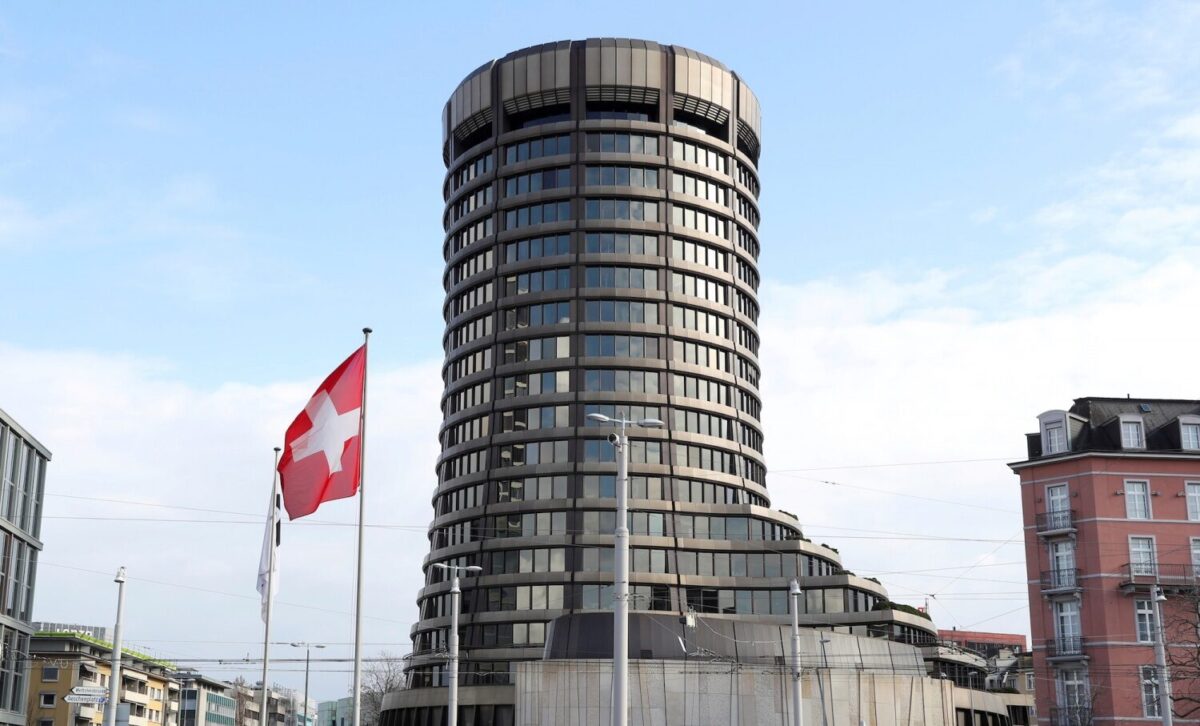Bank for International Settlements (BIS) is an international organization that stimulates and encourages monetary and financial cooperation among the countries of the world and seeks to maintain the stability of central banks. It also acts as an agent or trustee in relation to international financial operations. The Bank for International Settlements includes clients who are the central banks of member states. As for its headquarters, it is headquartered in Basel, Switzerland, and has representative offices in the Hong Kong Special Administrative Region and Mexico City.
What is the history of the Bank for International Settlements?
The Bank for International Settlements (BIS) was established in 1930 by the Hague Agreement between Germany, France, Belgium, Italy, Switzerland, the United States, the United Kingdom, and Japan. The Bank for International Settlements was first opened on May 17, 1930, to promote international financial and monetary stability.
What are the functions of the Bank for International Settlements?
The main function of the International Monetary Fund is to provide loans to countries and regulate money, but there are other functions that it performs, and the following is a description of them:
- Central bank monitoring.
- Assisting the world’s central banks by holding forums and meetings with central bank governors.
- Providing banking facilities to central banks.
- Strengthening global monetary cooperation.
- Securing financial stability.
- Increasing sustainable economic growth.
- Acting as a bank so that the BIS competes with other international financial organizations for banking activities.
- Offering high returns on the money invested is a way to attract central banks.
- The BIS ensures liquidity for its members by repurchasing tradable securities from central banks.
- The BIS holds regular meetings with its members to provide a platform for discussing the global economy and financial markets; distribution of profits; approval of annual financial reports; selection of external auditors for the BIS; and various other issues of concern to central banks.
- to help promote global financial and monetary stability as a trustee in relation to international financial operations.
- Organizing workshops and seminars focusing on international financial issues
- Providing technical assistance and advice to central banks through the meetings held
- Providing various financial services, including assisting central banks and other monetary financial institutions in managing foreign reserves, ensuring immediate liquidity provision to central banks, providing credit services, and repurchasing tradable financial instruments provided by these central banks.

Who runs the Bank for International Settlements?
The BIS is accountable to three different bodies to assist in its decision-making. These bodies are: Central Banks, the Board of Directors, and Management of the Bank for International Settlements, and decisions made at these levels are based on voting. The Board of Directors has a membership of up to 18, including 6 directors from central bank governors in the United States, United Kingdom, Belgium, Germany, France, and Italy, and they may jointly appoint another member of the nationality of one of their central banks. The remaining eleven members can be elected as governors of central banks to represent the board of directors. The board of members elects a president and may elect a vice president from among its members. Advisory Committees of the Council in its work, and meetings of the Council can be held either by teleconferencing or via videoconferencing.
Read also: What is the basic mechanism generating financial deflation?



